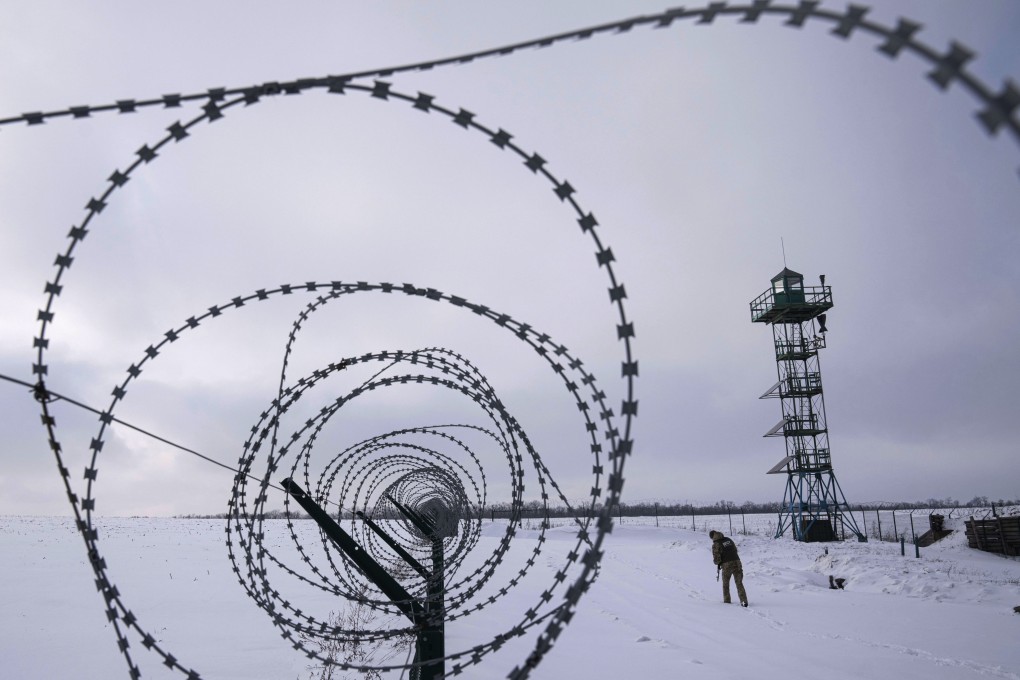Opinion | Caught between the US and Russia, Ukraine’s only hope is to become neutral
- While the US insists Ukraine is free to join Nato, Russia claims cultural ties with Ukraine and sees the eastern expansion of the alliance as a challenge to its security
- With the threat of a Russian invasion mounting, the best hope for Ukraine’s future peace is to become a neutral state like Switzerland

While US President Joe Biden has sent 3,000 US troops to several front-line Nato member states in eastern Europe, he maintains that the US will not send troops to Ukraine to fight against a Russian invasion, instead promising tough sanctions, including personal sanctions against President Vladimir Putin, should Moscow invade.
Since the end of the Cold War in 1991, the geopolitical entanglement between Russia, the US and other Nato member states has never brought its key players as close to the brink of war as now, and the world is holding its breath as it awaits their next moves, with catastrophe seemingly all but inevitable.
To pre-empt such a disaster, realism and pragmatism are sorely needed.
Back then, when the then Soviet Union and Cuba – both full sovereign countries – wanted to base Soviet missiles in Cuba, Washington objected so strongly that not even the prospect of a nuclear war could deter it from imposing a naval embargo to prevent further Soviet missiles from arriving in Cuba.
Why didn’t then US president John F. Kennedy stop to acknowledge the sovereignty of the USSR and Cuba, or their independent sovereign decision-making power to deploy Soviet missiles in Cuba?
The answer is because Kennedy rightfully concluded that the deployment of Soviet missiles in Cuba would permanently change the security profile of the United States, and that it should therefore stop at nothing to prevent such deployment.

